How AI Is Reshaping Our Universities

In 2024, The Chronicle of Higher Education carried out a survey on how generative artificial intelligence (AI) is perceived in U.S. colleges and universities. The administrators surveyed viewed the emerging technology as both a threat and an opportunity to their institutions.
Professor Nick Jennings, vice-chancellor and president of Loughborough University in the United Kingdom, has dedicated all of his professional career to researching AI — with a focus on exploring AI autonomous systems, multi-agent computing, and cybersecurity. Jennings is in a unique position to see the different ways in which AI is influencing the higher education landscape, not just at Loughborough but across universities.
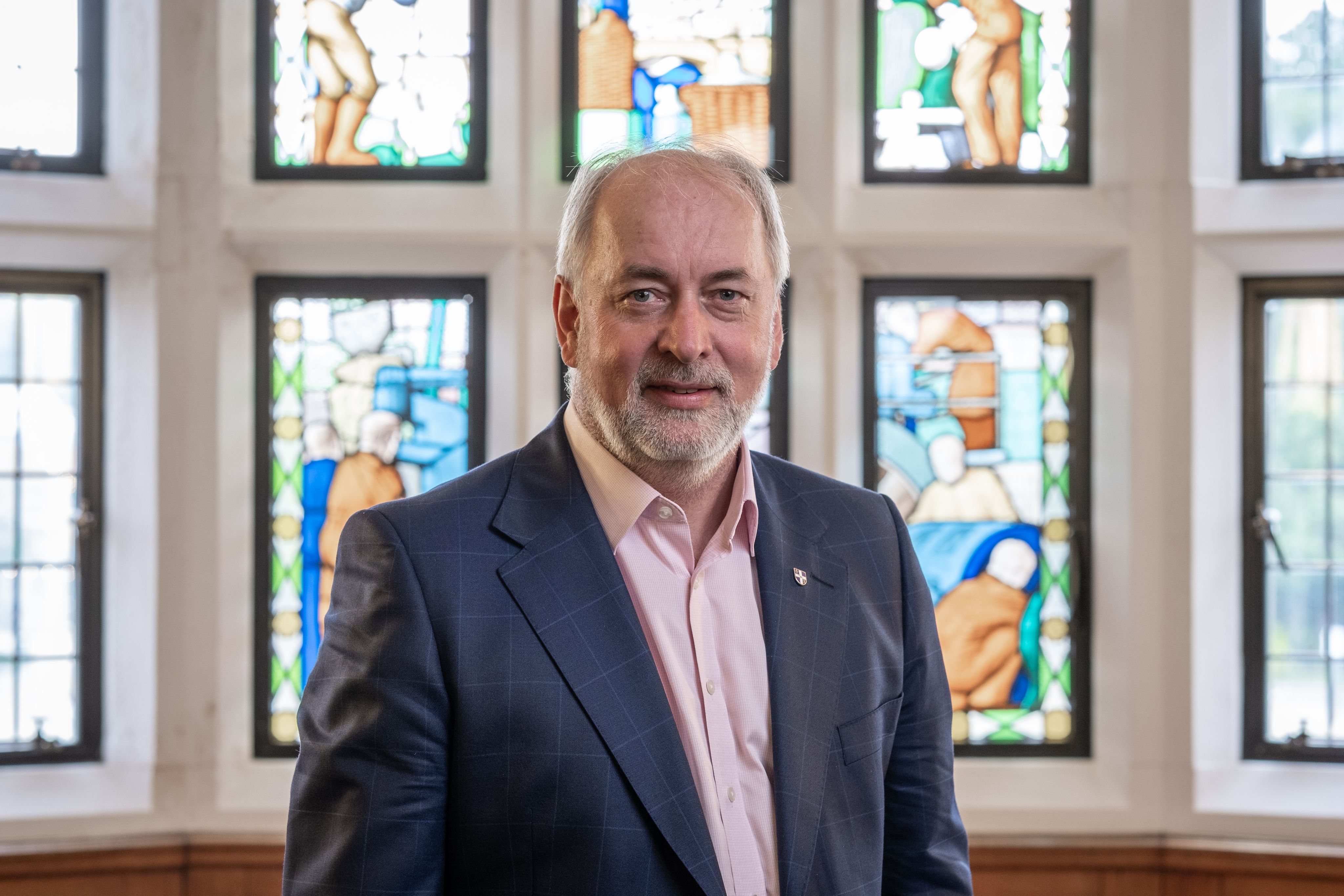
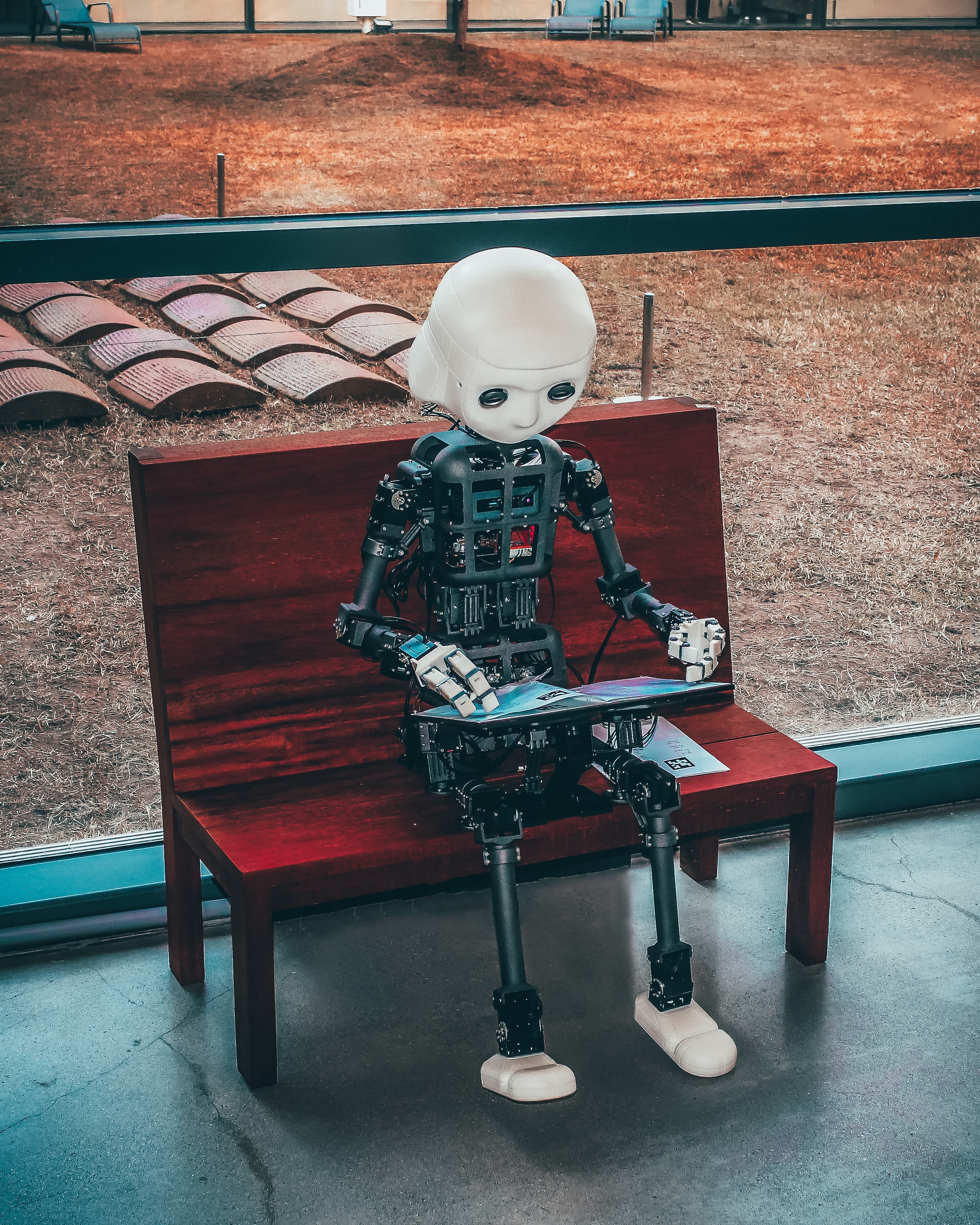
The opportunities AI presents for higher-education institutions
AI’s widespread use thanks to readily-available tools like Chat GPT and Bard means that the technology has affected every field or industry. From marketing to environmental conservation, people are looking for ways to use artificial intelligence to boost their outputs and make their working lives easier. Higher education is no exception.
The highest peak of AI interest in 30 years
Artificial intelligence dates back to World War II. In Jennings’s 30-year history with AI research, he has seen different peaks and troughs of interest in the technology.
He recalls periods of time where it was difficult to obtain funding because AI research was deemed a “failed technology.” “We're clearly now on the upside of AI research,” according to Jennings. “This is probably the biggest peak that I've seen in my career. And it’s likely to be the biggest peak of any AI researcher's career.”
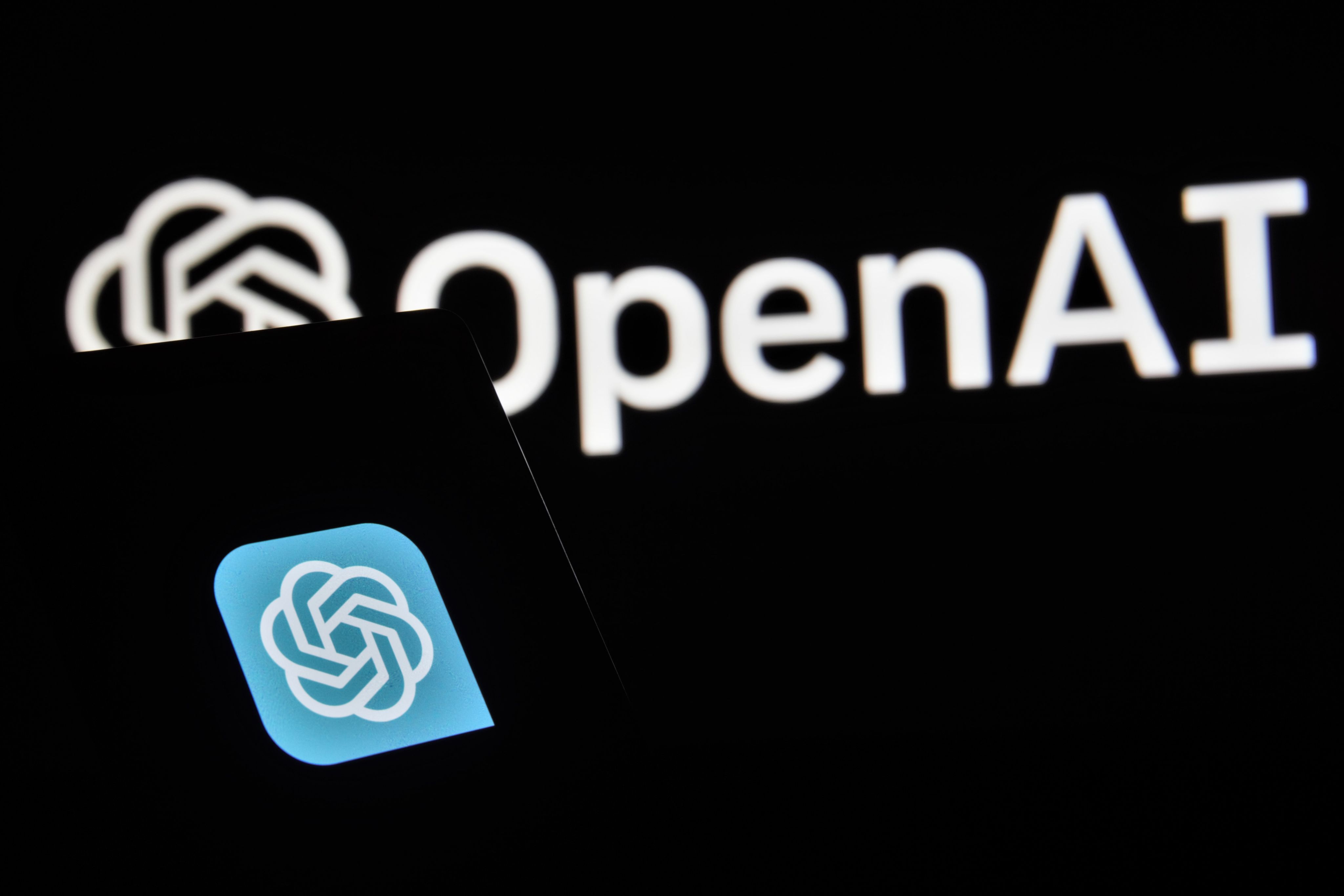
Improving the way we teach
Perhaps the most obvious area in which AI can reshape higher education is in the ways we teach and the experiences we create for students. Without AI, the best we could hope for would be to tailor teaching and assessment methods to specific classes or even subsets of students within those classes. AI gives us the potential for a personalized learning experience for every student.
Bringing AI into the classroom isn’t about replacing the educator, but about empowering efficiency and effectiveness. “I believe that there’s always going to be a position and a role for excellent educators to excite and enthuse and to bring that human experience into the classroom,” according to Jennings.
A big way AI can help achieve that is by giving educators the opportunity to obtain feedback in real-time. Traditionally, feedback is limited to post-lecture evaluations, often excluding input from the silent majority who may not actively participate in class discussions. AI technology can be used in the classroom to infer how each student is progressing.

Turning higher-education institutions into modern, digital organizations
Higher ed can increasingly turn to AI to impact things outside of the classroom, including administrative processes and student life.
Across departments and roles, AI is being used to carry out the time-consuming, administrative tasks — freeing up time for student interaction. For example, we’re seeing HR departments use AI in payroll systems, and marketing departments using AI to boost their recruitment campaigns.
Many universities are experimenting with AI-powered chatbots as a first line of support for students. But a chatbot can help up to a certain point and with certain issues. If queries progress past the abilities of the chatbot, a human must be available to step in.
This same technology can be used to provide students with personal digital assistants. The more a student interacts with their assistant, the more it learns about that student’s needs and preferences. It can point out seminars or sporting activities that might be interesting based on that student’s previous activity.
Institutions are also experimenting with using AI-powered apps for mental health. With student consent, these apps can note changes in behavior and moods and can prompt students to seek help or rest.
Boosting research efforts
Of all the areas in which AI is changing higher education, Jennings believes that research has progressed further than any other.
We’ve seen entirely new research fields emerge because of AI, including the rights or ethics of sentient machines, as well as computational creativity. And there are fields where AI has improved the quality of research, such as in helping to identify concrete defects in buildings.
AI can also help and assist researchers in a variety of ways. By using computational-driven AI methods, researchers are able to find new molecules to help create vaccines and medication significantly faster. A popular example is Google DeepMind’s AlphaFold — an AI-powered system that has been successful in predicting protein structures with remarkable accuracy.
At Loughborough University, researchers are looking to use AI for data analytics and sport performance to understand what makes a team better. “There is no shortage of statistics around individual performance,” according to Jennings. “The next wave is figuring out how teams or groups get better.”
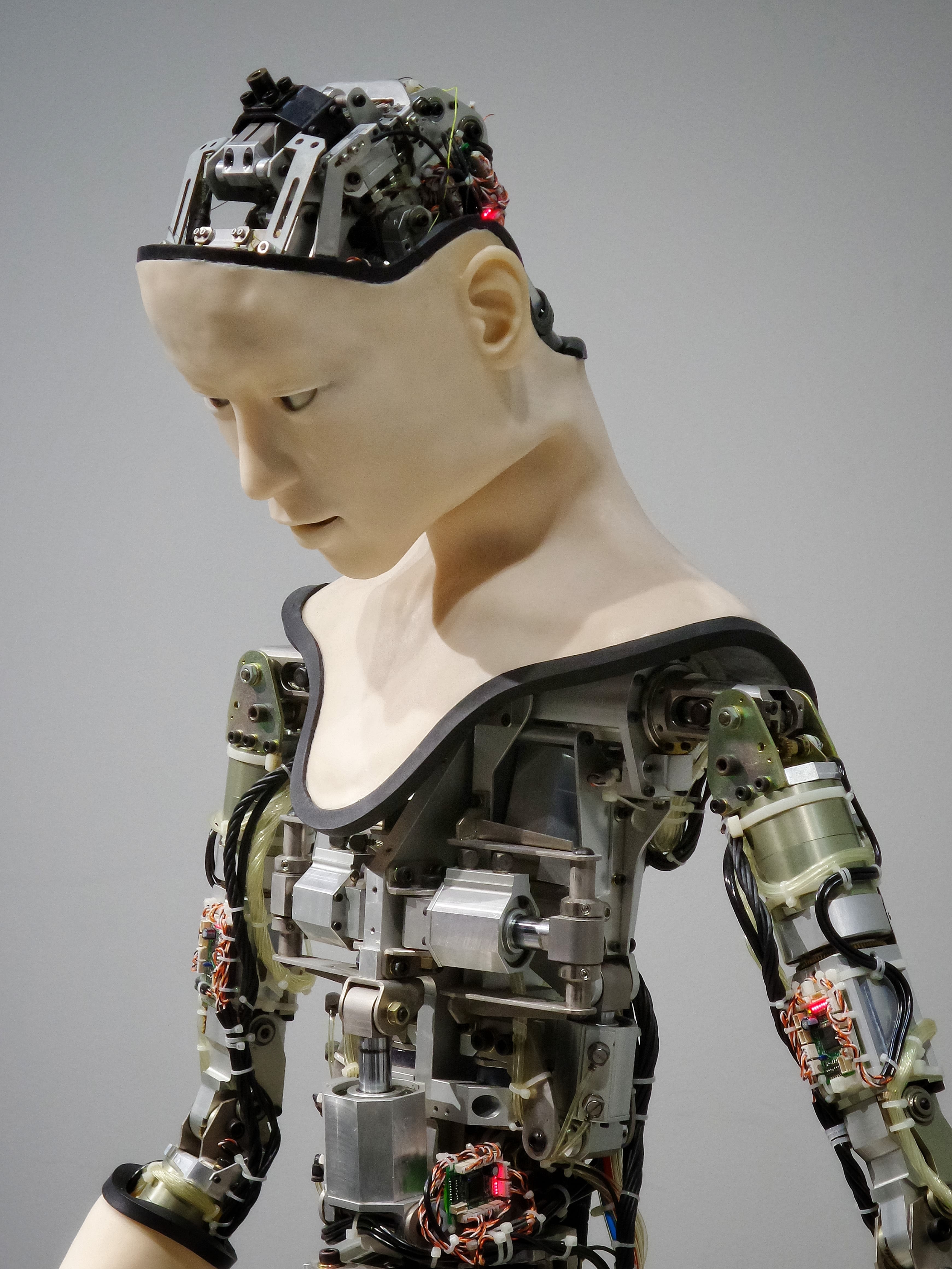
Experimentation and innovation: The key to fair AI usage in higher education
Of course, not every institution or educator has welcomed AI with open arms. It has been interesting to see the different reactions to AI. Some universities outright banned the use of tools like Chat GPT but Nick doesn’t believe that this is a wise approach.
“It’s a tool. Banning it is a bit like banning students from using Google Search[...] If using Chat GPT puts your students at an unfair advantage of passing a test or an assignment, perhaps that is more of a reflection on the exam and the questions you’re asking.”
Instead, Loughborough University is trying to develop a “fair use of AI” as one of its guidelines. Since it’s a fast-moving area, it’s not overly prescriptive. It’s more about developing guidelines and expectations around the technology based on trust on both sides. Together with the students, the university is creating an environment of experimentation and innovation where both students and staff can play with the technology and figure out what works for everyone.
“AI is going to impact our universities and I think the thing to do is to be on the front foot. Think of the positive things that we can use AI for in our education, in our research, in the way that we run our universities, and see how it complements and works in partnership with our staff and our students.”
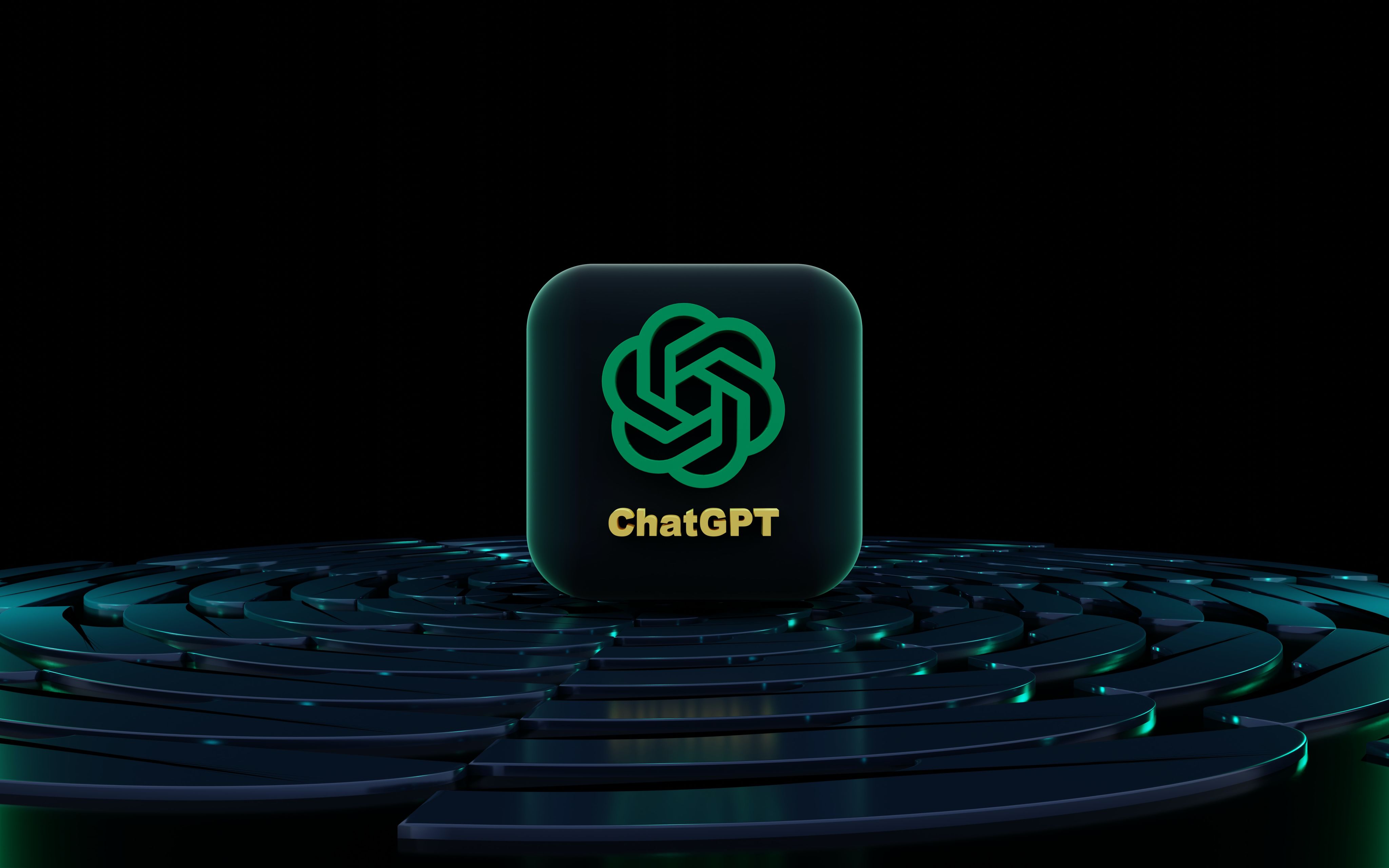
Loughborough is one of the UK’s leading universities, with an international reputation for research that matters, excellence in teaching, strong links with industry, and unrivalled achievement in sport and its underpinning academic disciplines. It has been awarded five stars in the independent QS Stars university rating scheme, named the best university in the world for sports-related subjects in the 2023 QS World University Rankings and University of the Year for Sport by The Times and Sunday Times University Guide 2022. The University has been awarded seven Queen’s Anniversary Prizes, and in the Research Excellence Framework (REF) 2021 over 90% of its research was rated as ‘world-leading’ or ‘internationally-excellent’.”

This content was paid for and created by Loughborough University. The editorial staff of The Chronicle had no role in its preparation. Find out more about paid content.


